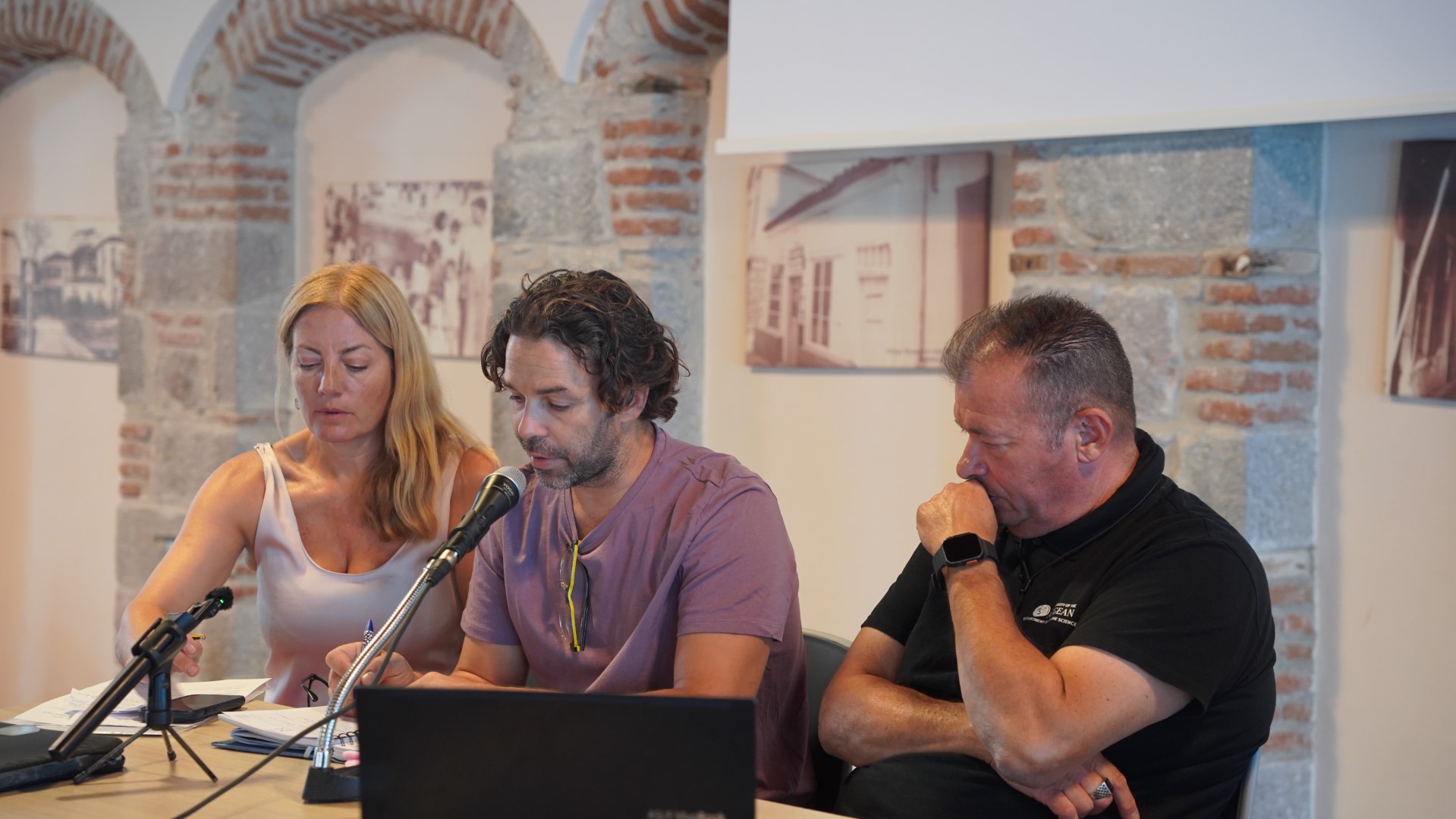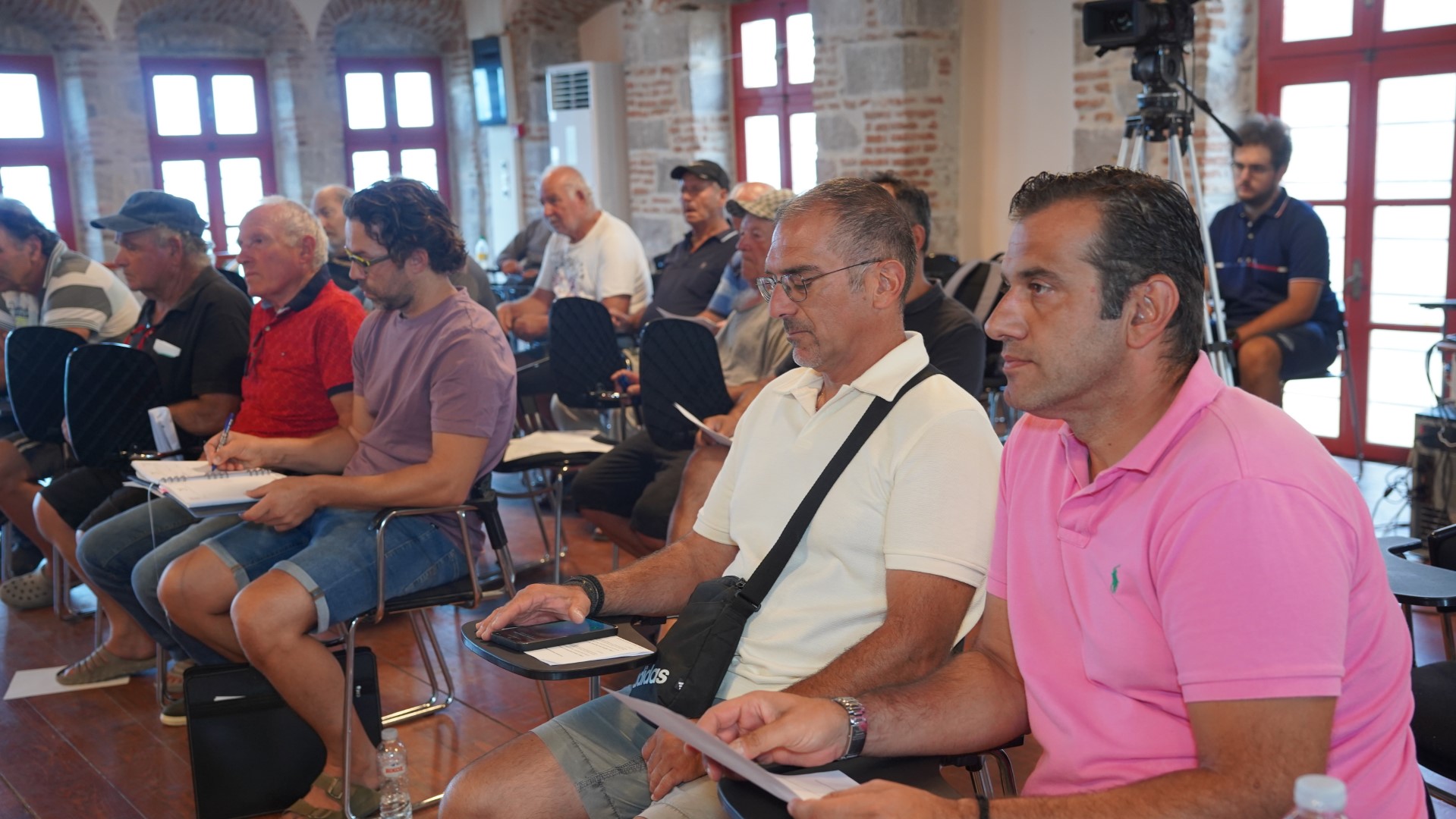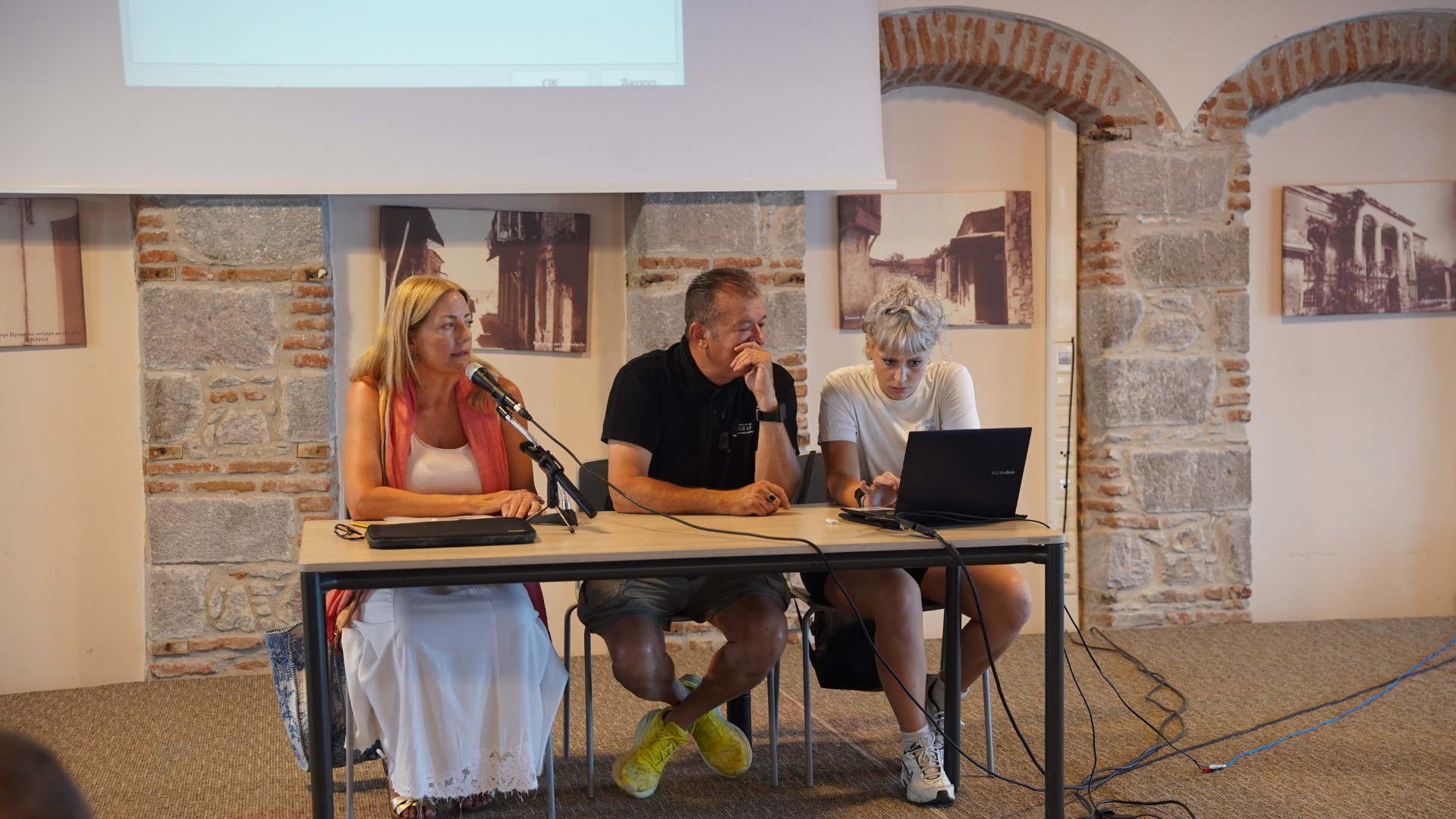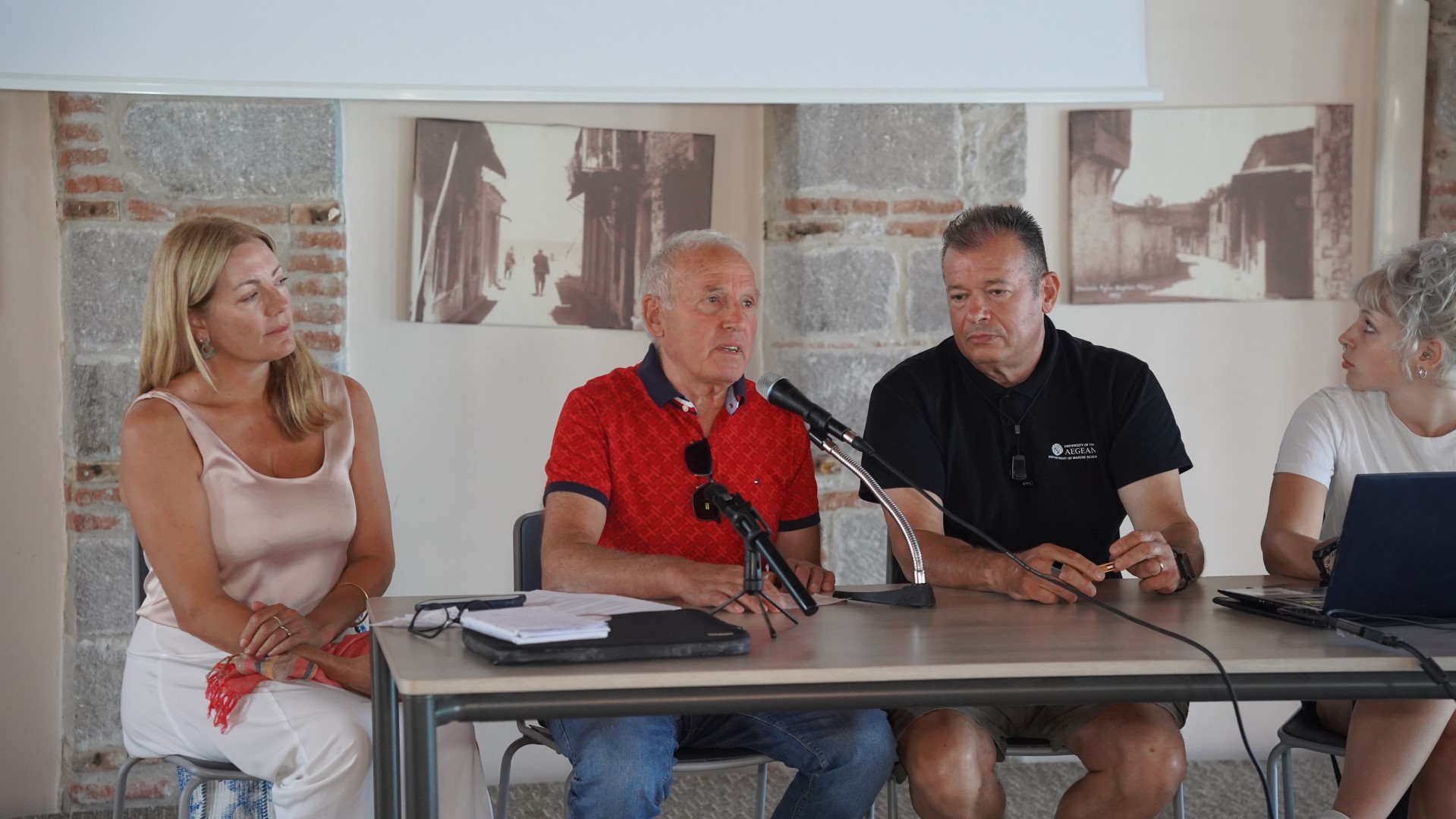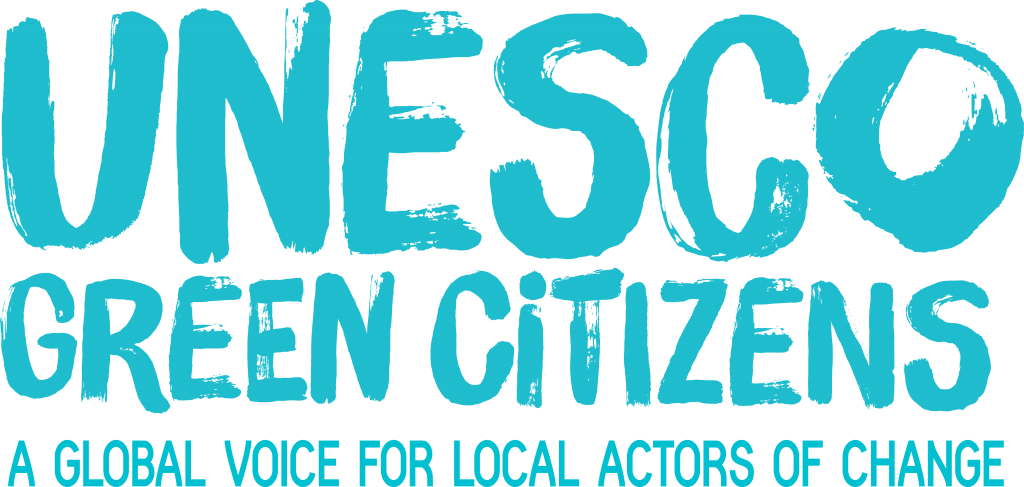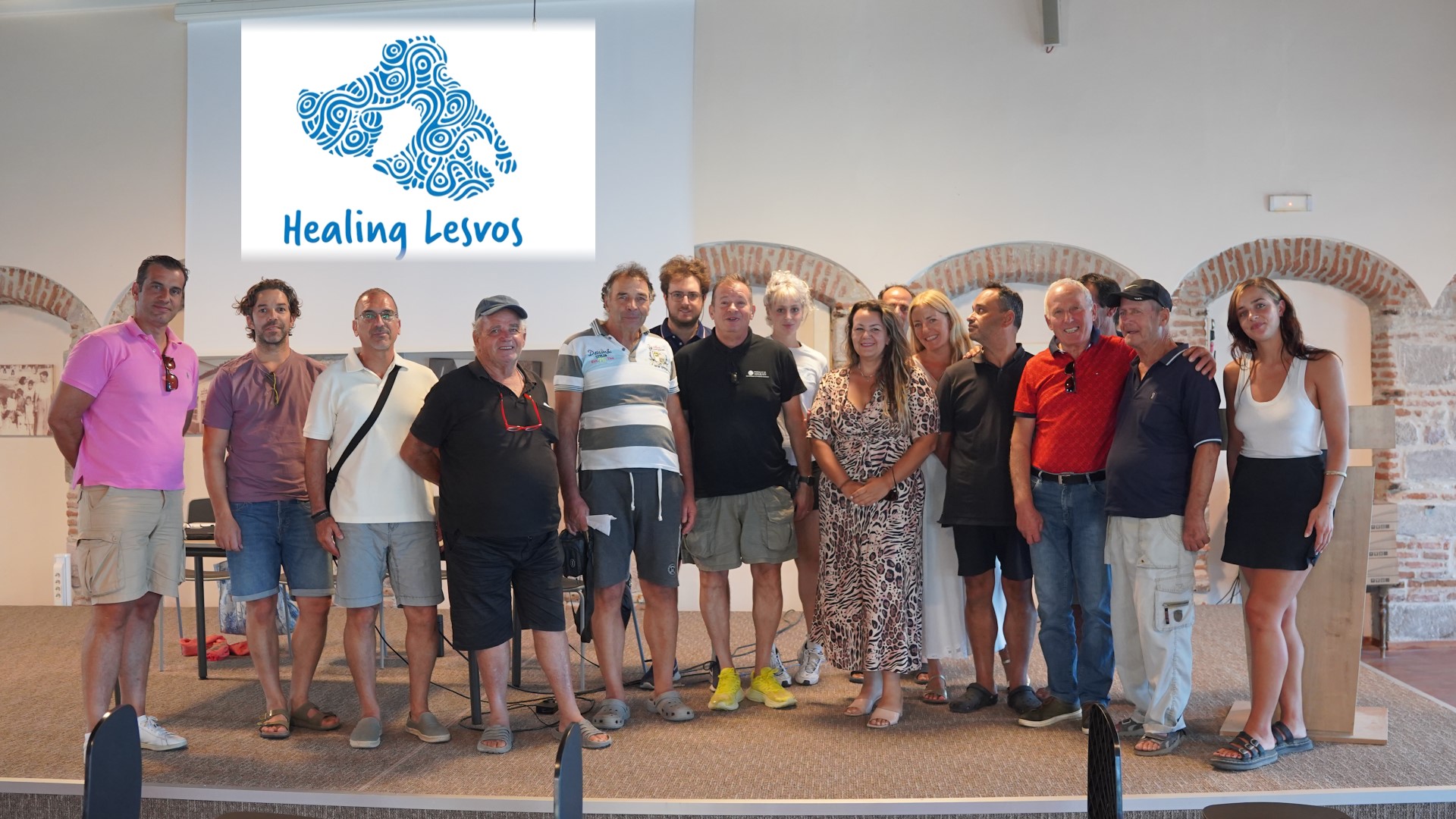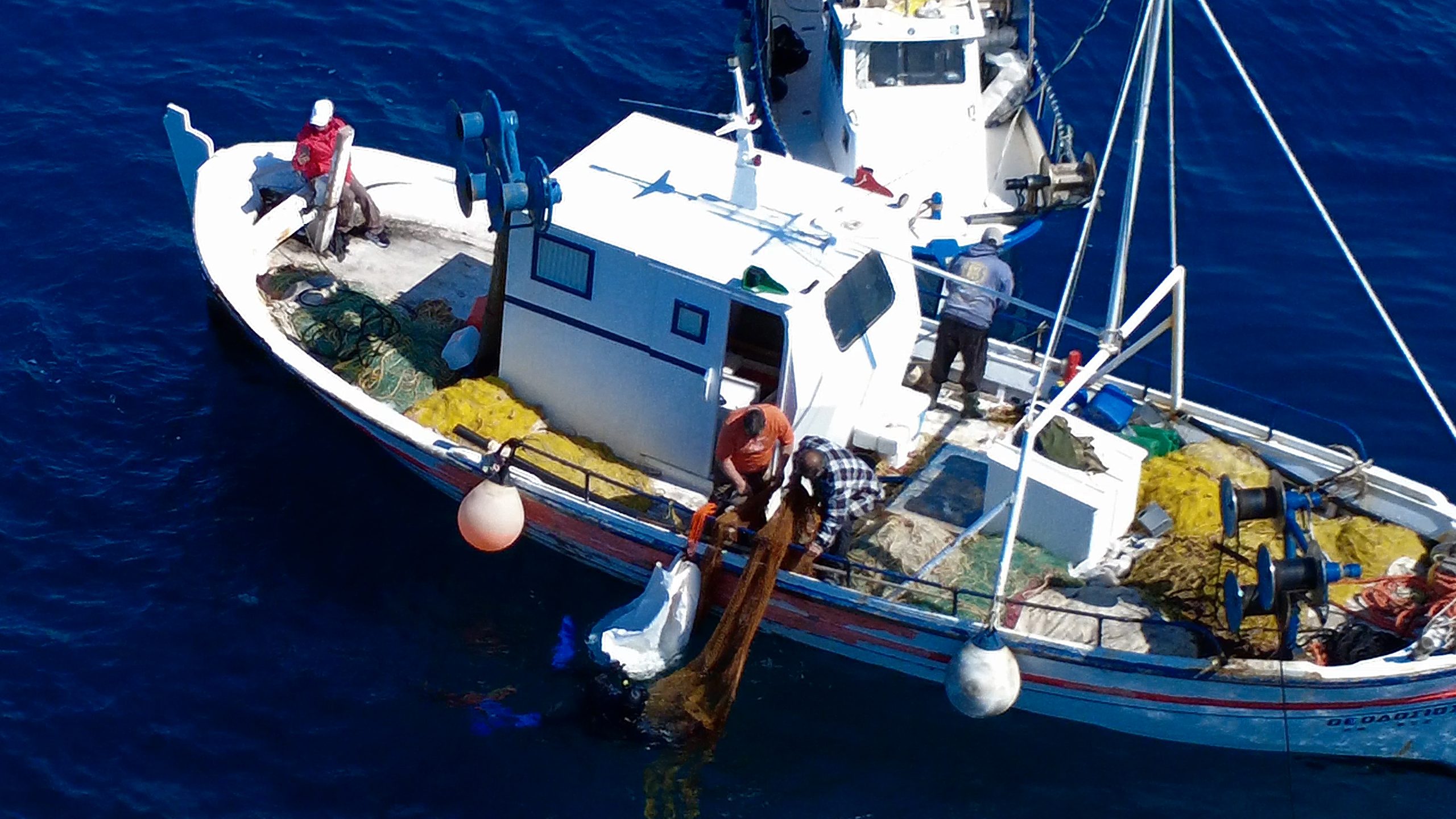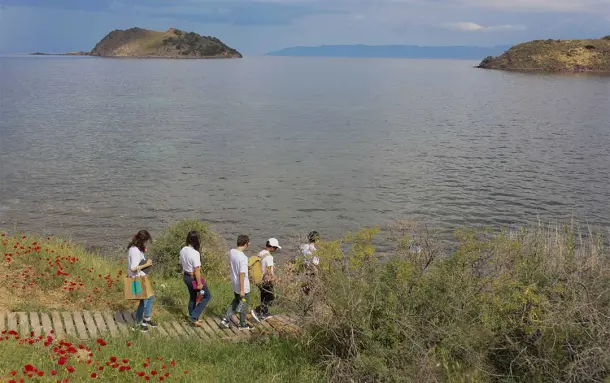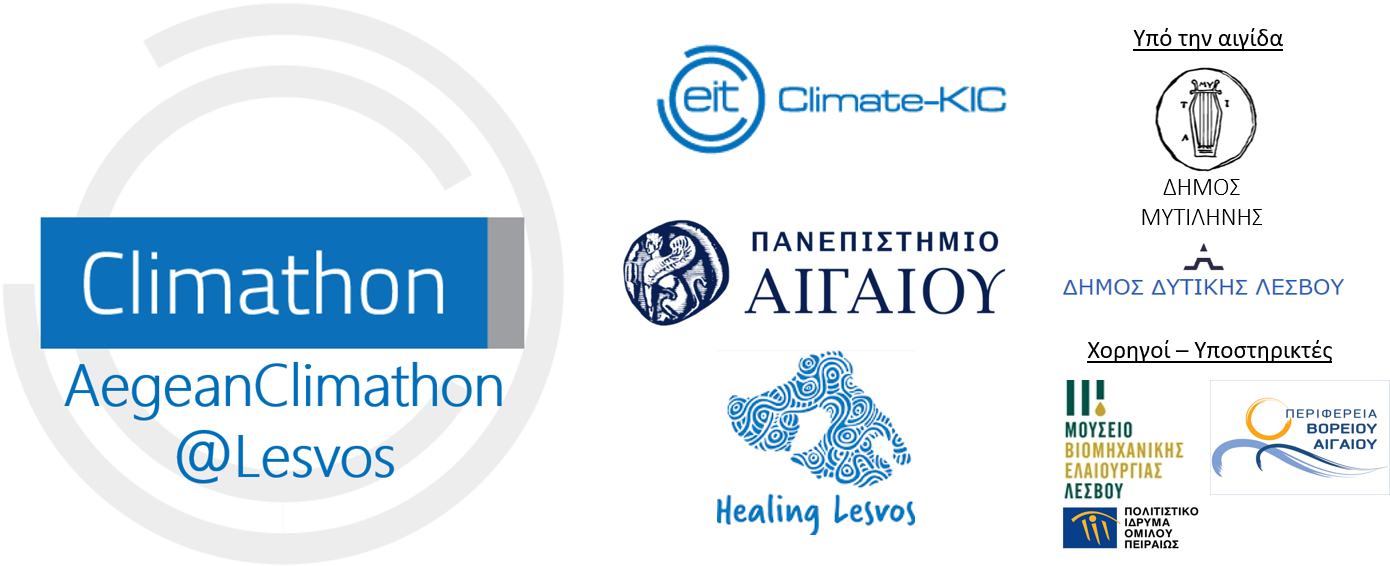A focus group on the protection of the marine environment of the wider area was held on Friday, August 22, at the “Stelios Pavlis” Cultural Center in Petra, organized by Healing Lesvos in collaboration with the University of the Aegean, with the participation of professional fishermen, representatives of Local Government, and citizens.
The event concluded with optimism and with all participants committing to continue along the common path for the protection and sustainable development of the region. The Professional Fishermen’s Association openly expressed its support for Healing Lesvos’ initiative, opening the way for further dialogue and the smooth progress of preliminary studies in collaboration with the University of the Aegean, signaling that Lesvos is now moving towards the establishment of a network of marine protected areas.
More specifically, the event opened with Eleni Atsikbasi, founder of Healing Lesvos, who highlighted the power of cooperation through the example of the “GhostNetFree Ocean” program, implemented in Petra in recent months. In this initiative, fishermen, authorities, organizations, and volunteers joined forces to remove abandoned nets from the seabeds of Northern Lesvos. The result showed that collective action can bring tangible benefits and hope for the future of the sea, while also revealing the urgent need for stronger measures to protect the marine ecosystem.
In this context, Professor of Marine Biology and Dean of the School of Environment at the University of the Aegean, Dr. Drosos Koutsoubas, presented a lecture titled “Protection and Conservation of Biodiversity in Greek Seas: Framework and Application through the Lens of Sustainable Development and the Blue Economy.” His talk focused on the value of marine biodiversity and the threats it faces from climate change and human activities, stressing the need for modern protection policies. He noted that Marine Protected Areas can serve as drivers of both biodiversity conservation and local economic growth, through practices such as “ecotourism” development and the designation of “fishing zones.” He also announced the start of preliminary studies by the University of the Aegean, in collaboration with the local community, aimed at documenting the ecological value of the area and identifying pressures on the marine ecosystem.
The program continued with the screening of the short film “Amorgorama”, which presents the initiative of the Professional Fishermen’s Association of Amorgos. During the meeting, special emphasis was placed on the example of Amorgos, as an action showing that the protection of Greek seas is no longer an isolated effort, but part of a broader collective course embraced by society and institutions.
The statements made by fishermen and Local Government representatives highlighted the challenges faced by the local community in marine management. “There is a need to train professionals in proper fishing practices,” said Stavros Nanidis, representative of the professional fishermen, adding that support with practical tools and institutional guidance is required. At the same time, there was a clear willingness to seek solutions through cooperation and dialogue.
Panagiotis Nanidis, President of “MAKAR” Professional Fishermen’s Association of Western Lesvos, proposed restrictions on the use of certain fishing gear and the implementation of improved waste and sewage management measures, stressing that “overfishing is not the only problem.”
On the part of Local Government, Nikos Alexandris, Deputy Mayor for Social Protection of the Municipality of Western Lesvos, emphasized the importance of protecting professional fishermen from environmental and economic pressures, through their active participation and support in the next steps of the initiative. Responding, Professor Koutsoubas noted that “priority should be given to hearing the voice of the Fishermen’s Association as well as other professionals in the marine and tourism sectors, and ensuring community participation in decision-making,” underlining that the shift to sustainable development is a collective process.
About Healing Lesvos
Healing Lesvos began its “mission” to protect the seas, waters, and coasts of Lesvos in 2017, as a collective effort dedicated to harnessing the marine environment for social good, education, innovation, and ecosystem preservation, with the aim of supporting the sustainability of our planet.
As part of its actions, Healing Lesvos implements the Lesvos Mission Blue Project (LMBP), an internationally recognized initiative in collaboration with the University of the Aegean. A central element of the program is the designation of the Lesvos Mission Blue Hope Spot by the international organization Mission Blue, which aims to protect and highlight critical marine ecosystems while promoting the development of the Blue Economy.
Through this project, initiatives are promoted that combine science, education, and local community participation, so that Lesvos can serve as a model of sustainable development and marine environmental protection.
More information about Healing Lesvos: https://healinglesvos.org/.
